WHAT does CLEAN EATING really mean?
You probably heard or read about it at one point in time. Does it mean having no meat totally? Going vegan? Quitting sugar or saying goodbye to carbs? There could be different answers, and that’s because each of us is different.
When I started my Health Coaching program with the Institute for Integrative Nutrition, I was introduced to this concept of BIO-INDIVIDUALITY, which means that our bodies are unique, and so should the food we eat. What’s food to one may be poison to another. So when it comes to clean eating, there’s no one formula for all. However, most followers of this movement agree that PROCESSED foods should be limited, and that consuming WHOLE foods is the basis of this eating approach.
BIO-INDIVIDUALITY. Food for one may be poison for another.
-Institute for Integrative Nutrition.
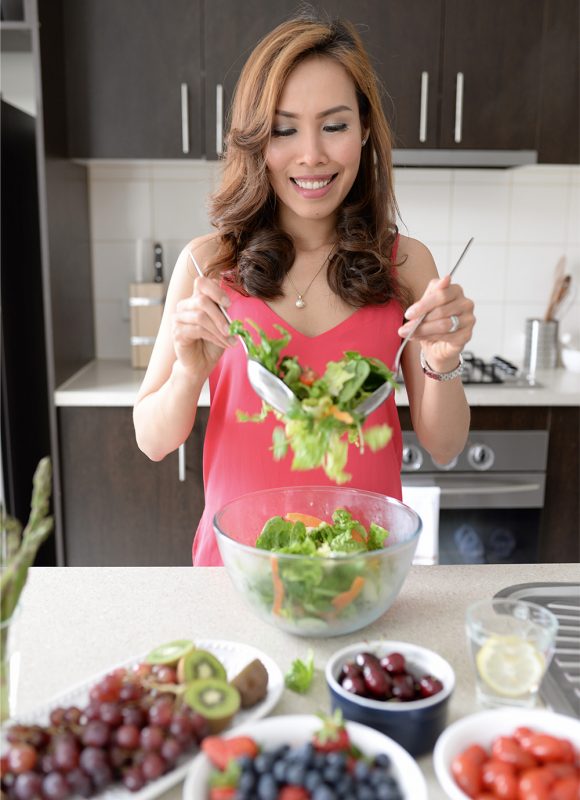

WHY EAT CLEAN and what’s in it for you?
Each of us may have different reasons. To some, it could be to simply look good in that pair of jeans, or feel more energized in the mornings without the caffeine. For me though, it meant clearer skin, maintaining an ideal weight, increased energy, thicker & healthier hair, better sleep, and improved overall well-being. BUT this does not happen overnight. This is not some fad diet which promises a 20kg loss in 3 days. This is about making consistent, sustainable LIFESTYLE changes and committing to it day in and day out.
If you want to start making that change in the way you eat, here are 5 TIPS TO CLEAN EATING to help you reduce your exposure to highly processed food and ingredients.
GO FOR WHOLE FOODS. Whole foods mean that they don’t come in a plastic, box or a can, and have little to no exposure to any food processing mechanisms. These are your fresh and whole fruits, vegetables, free-range or grass-fed meats, eggs, whole nuts, grains, and seeds. These are the good stuff!
EMBRACE HOME COOKING. Homecooked food is more nutritious as you can actually control the amount of salt and sweetener that goes in to your food. You are also guaranteed of the freshness and quality of the ingredients you use. PLUS! It’s also friendlier to your budget as compared to eating out. Experiment and don’t be scared to try out new recipes. Keep it simple as you slowly start gaining confidence in the kitchen. And always, always, cook with Vitamin L– LOVE!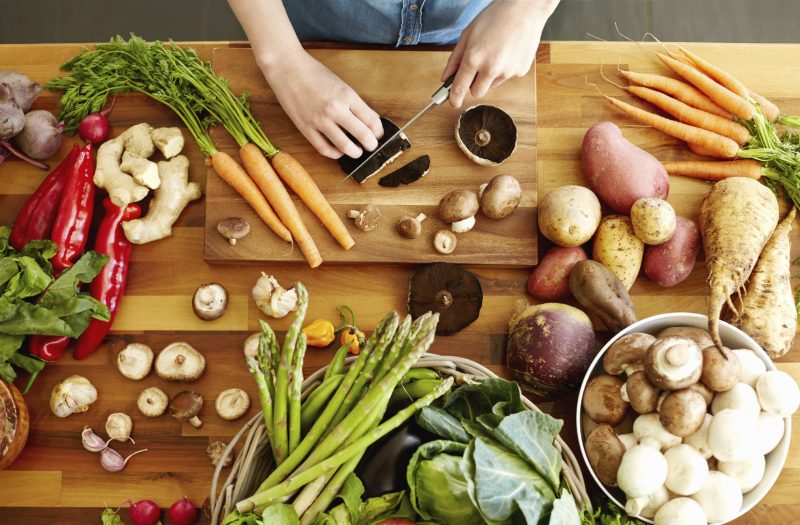

LIMIT YOUR REFINED CARBS. You would want to reduce the amount of white foods (flour, sugar) found in pastas, pastries and breads. If you really can’t do away with sugar and flour, then go for alternatives. For example, switch to pure maple, raw honey, or coconut sugar for your sweeteners and pick wholemeal, gluten-free flour or other options such as buckwheat, almond meal, oat flour, spelt, coconut flour when cooking or baking.
DON’T SKIP MEALS AND SNACK HEALTHY. When you skip a meal, your energy levels crash and you will likely reach for that pack of biscuits or chocolates that are high in sugar or caffeine in order to keep up the energy. Your blood sugar goes up and down making you feel irritable and lethargic. But if you regularly supply your body with whole, nutrient-dense meals and also low-glycemic snacks such as cut fruits, vegetables or nuts, your blood sugar is kept in control and more stable which also helps reduce inflammations in your body.
My top snack pics are:
- apple slices with almond or all-natural peanut butter
- half-toast of smashed avo
- greek yogurt with bananas or blueberries and granola
- my homemade banana bread or choco energy balls
BALANCE YOUR PLATE. I like to use the Integrative Nutrition Plate as a guide which has the proteins, carbohydrates, whole grains and healthy fats at every meal. Go for more colors. Eat the rainbow as they say!
Some more ideas for you:
- explore plant proteins: legumes such as beans, and grains like quinoa which are packed with protein
- healthy fats: avocado, olive oil, nuts and seeds
- replace white rice with brown rice, couscous, or sweet potatoes for your starch fix
- hydrate! Drink more water. Avoid sweetened and carbonated beverages which have so many artificial ingredients in it.
- add more nutrients into your water by adding a couple pieces or slices of fruit and vegetable such as lemon, lime, cucumber, celery, carrots, or even blueberries.

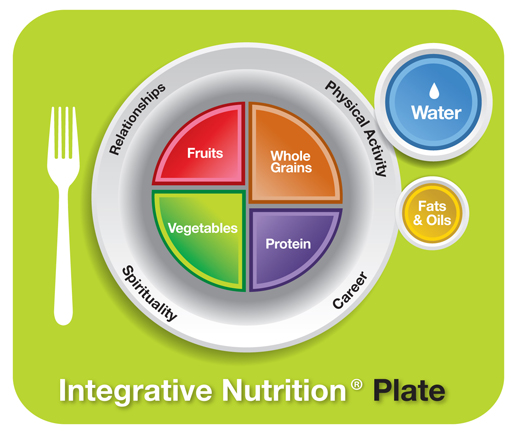
Some might think that eating healthy is costly. But with a little planning, it is much more affordable compared to eating take-out or restaurant food. Eating whole foods also ensures you are getting as much nutrients you would need especially if you eat a wide variety of plants and whole grains.
FOOD changes everything. Remember, what we put into our bodies feed our cells, and our cells are ultimately what make us. So we are basically walking food, if you put it that way. And what we eat, also affects how we feel, and how we feel affects how we do things and live. If we eat crappy, we feel crappy. If we eat healthy, we feel healthy. Simple as that.
Do you have other tips on how to eat clean? Comment below your top 3 tips. And share this post to a family or friend who might benefit from it too.
xo,
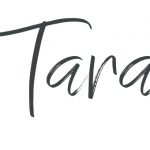






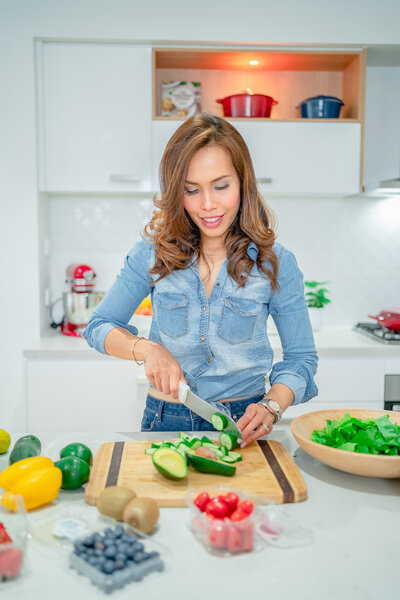
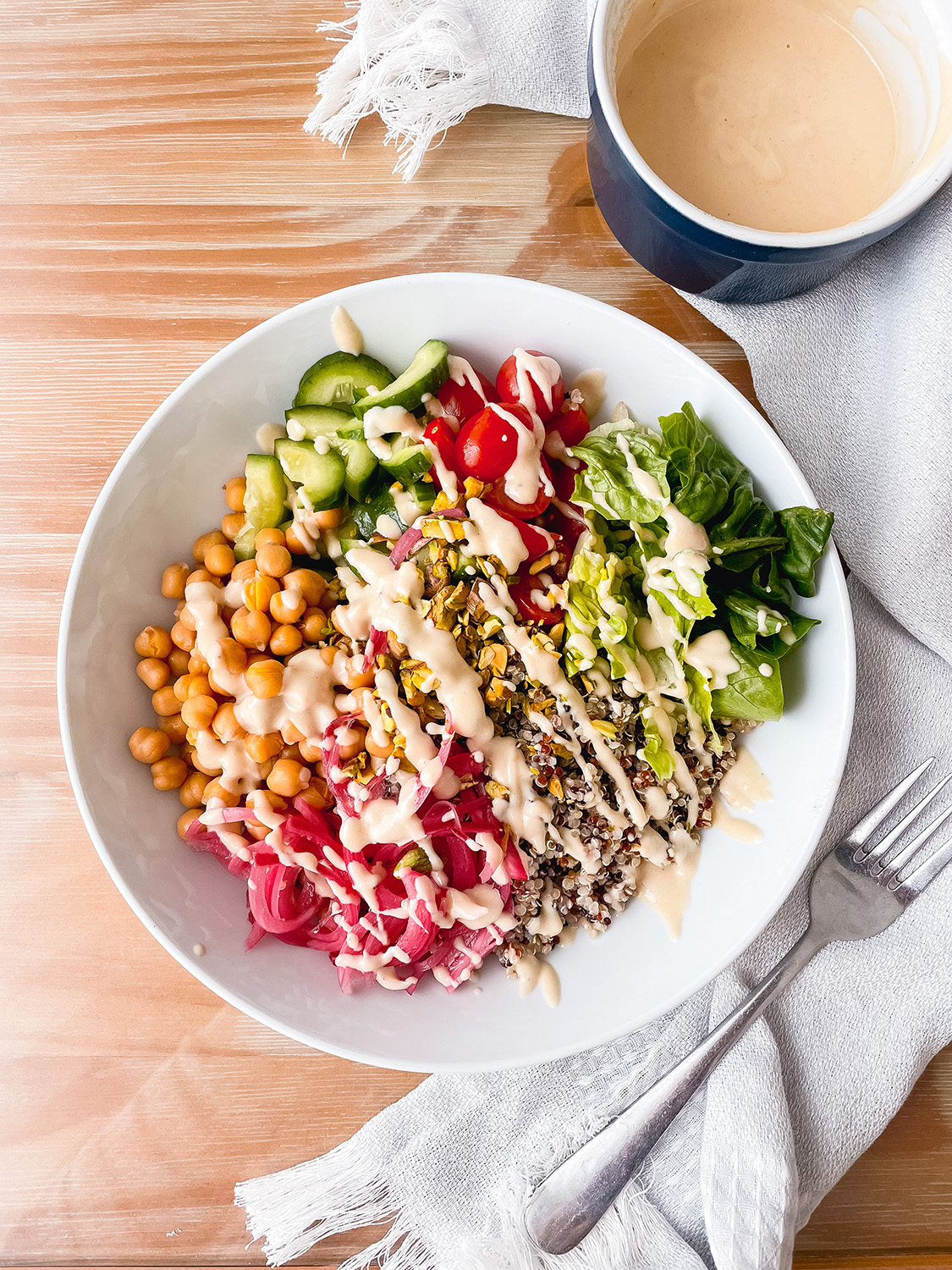
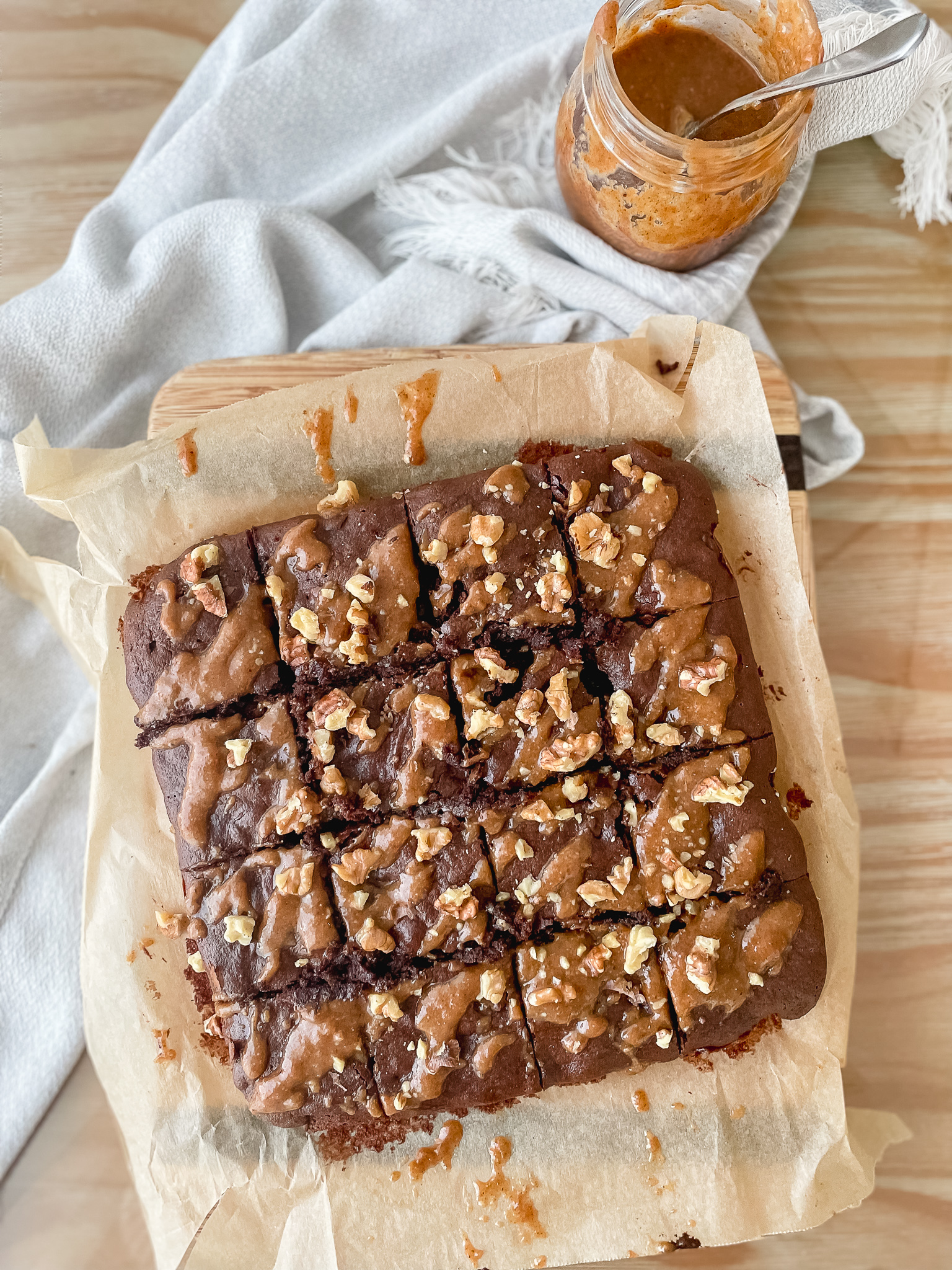
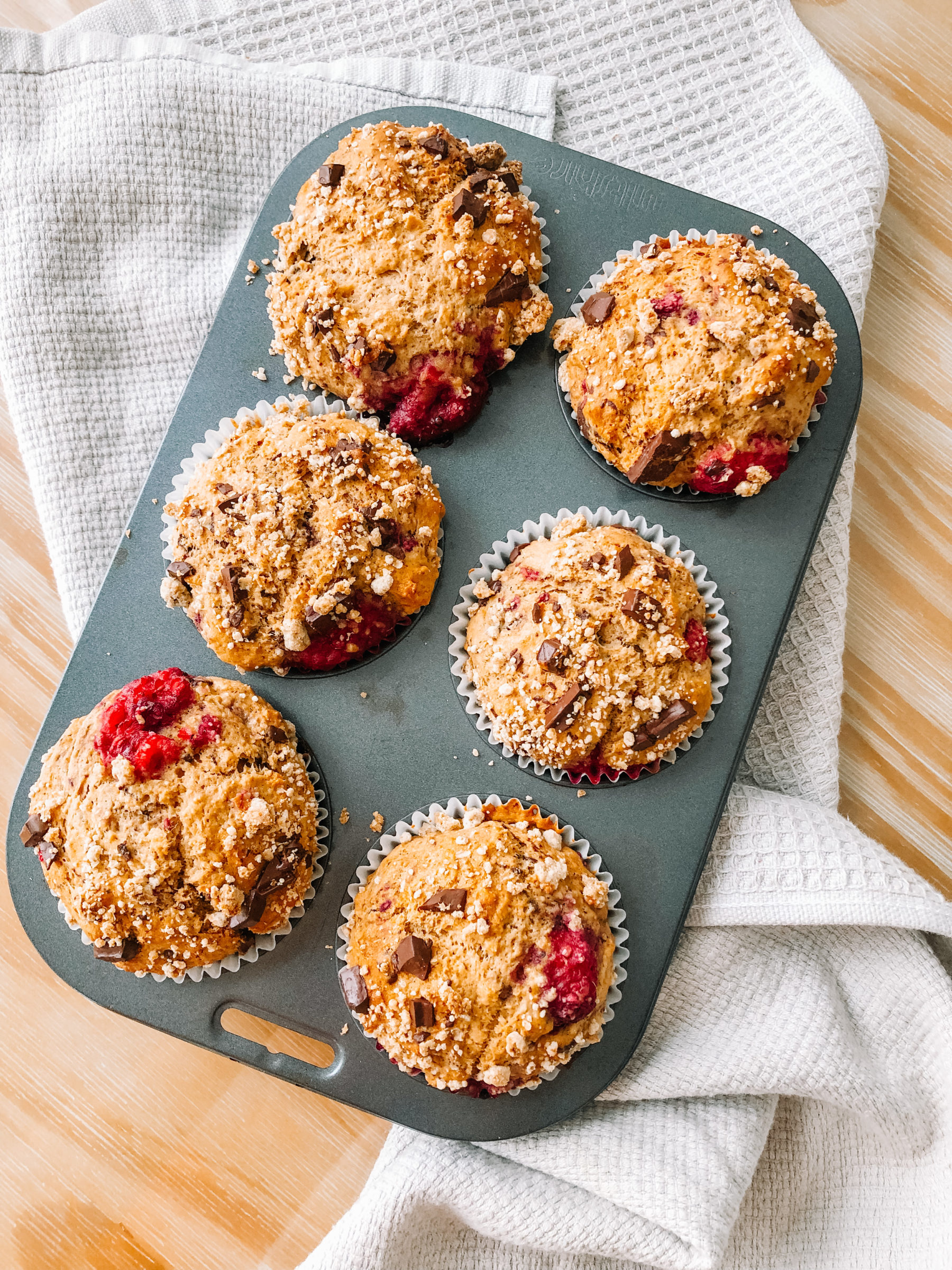
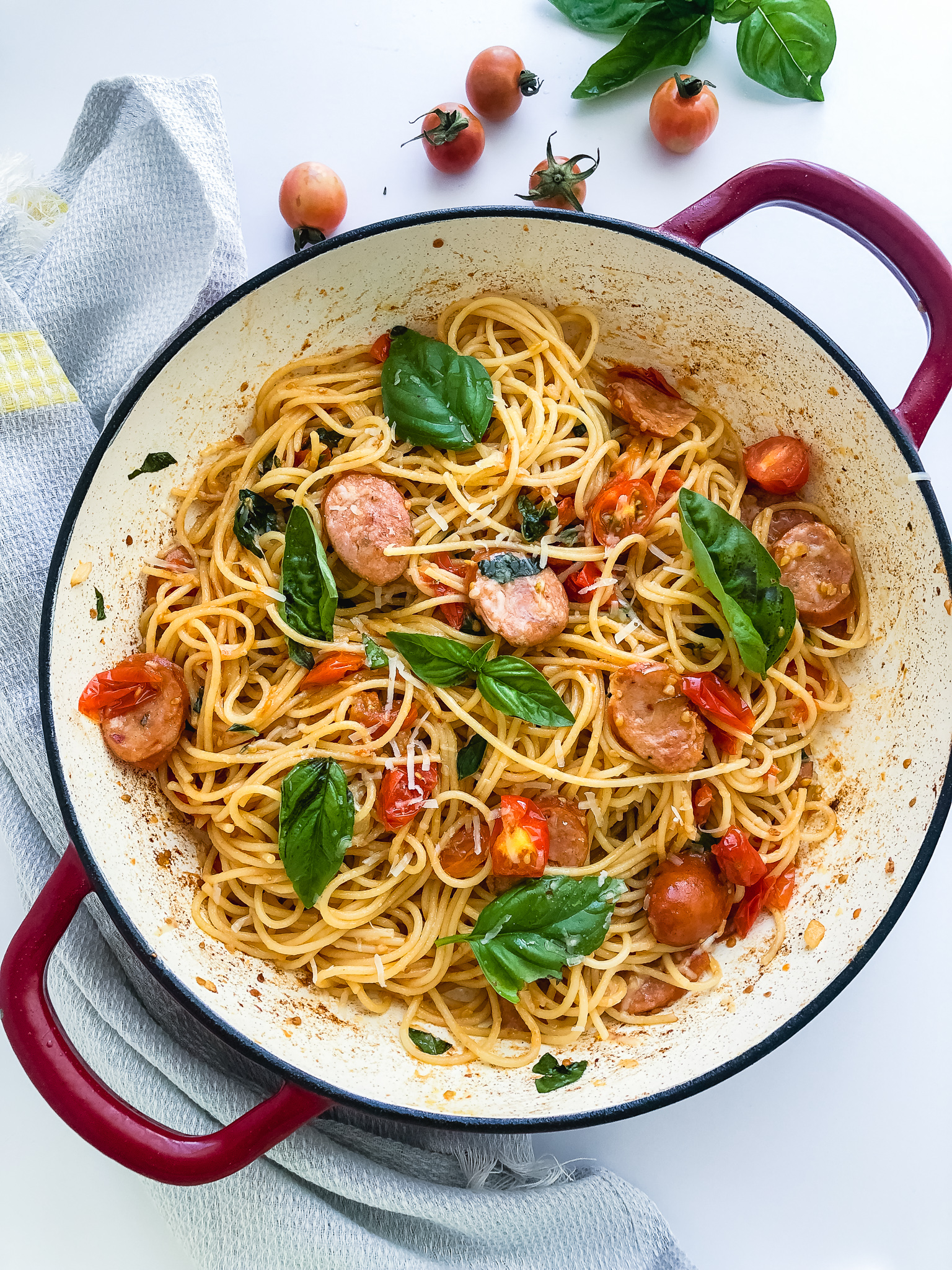
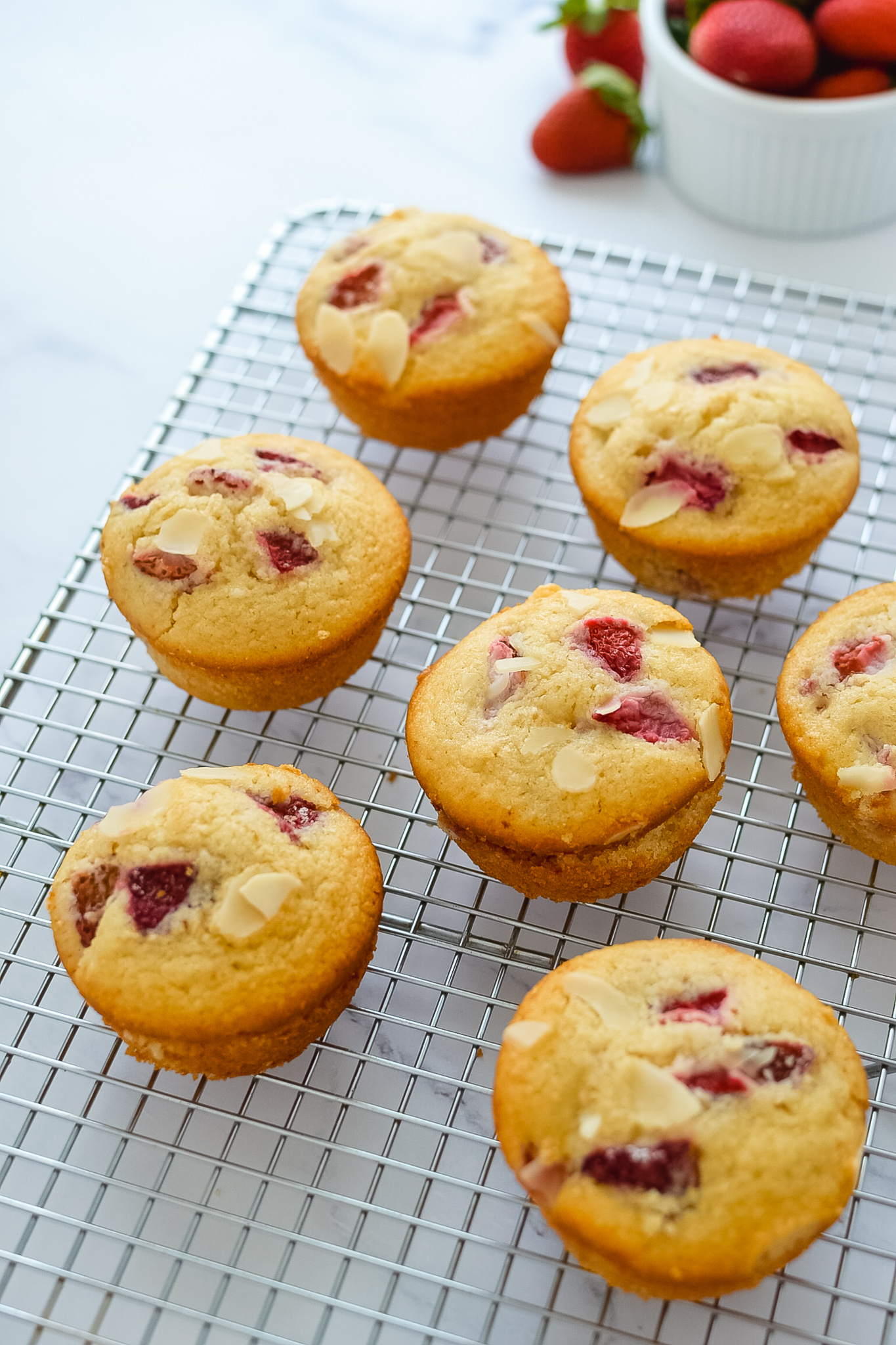
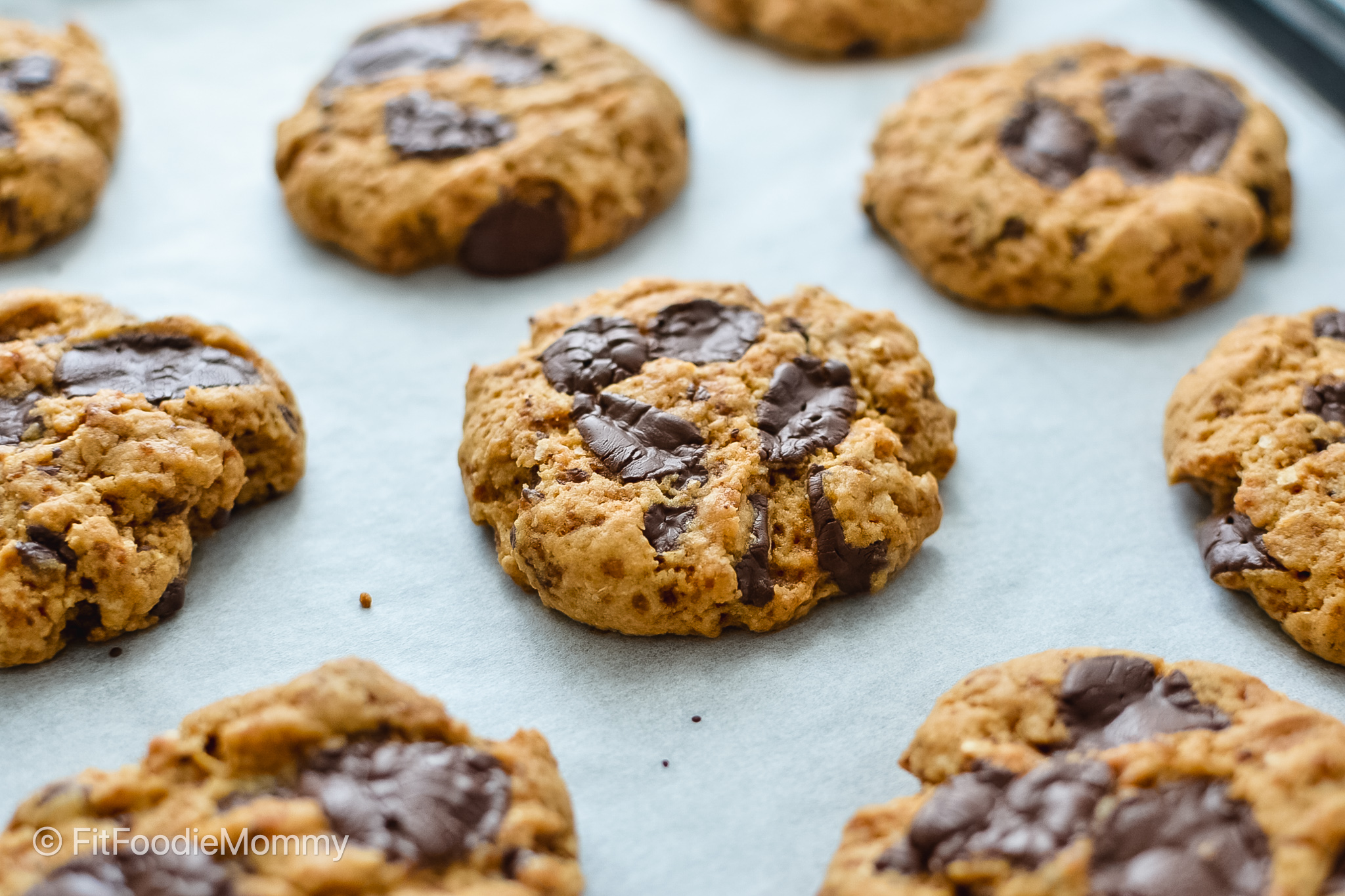
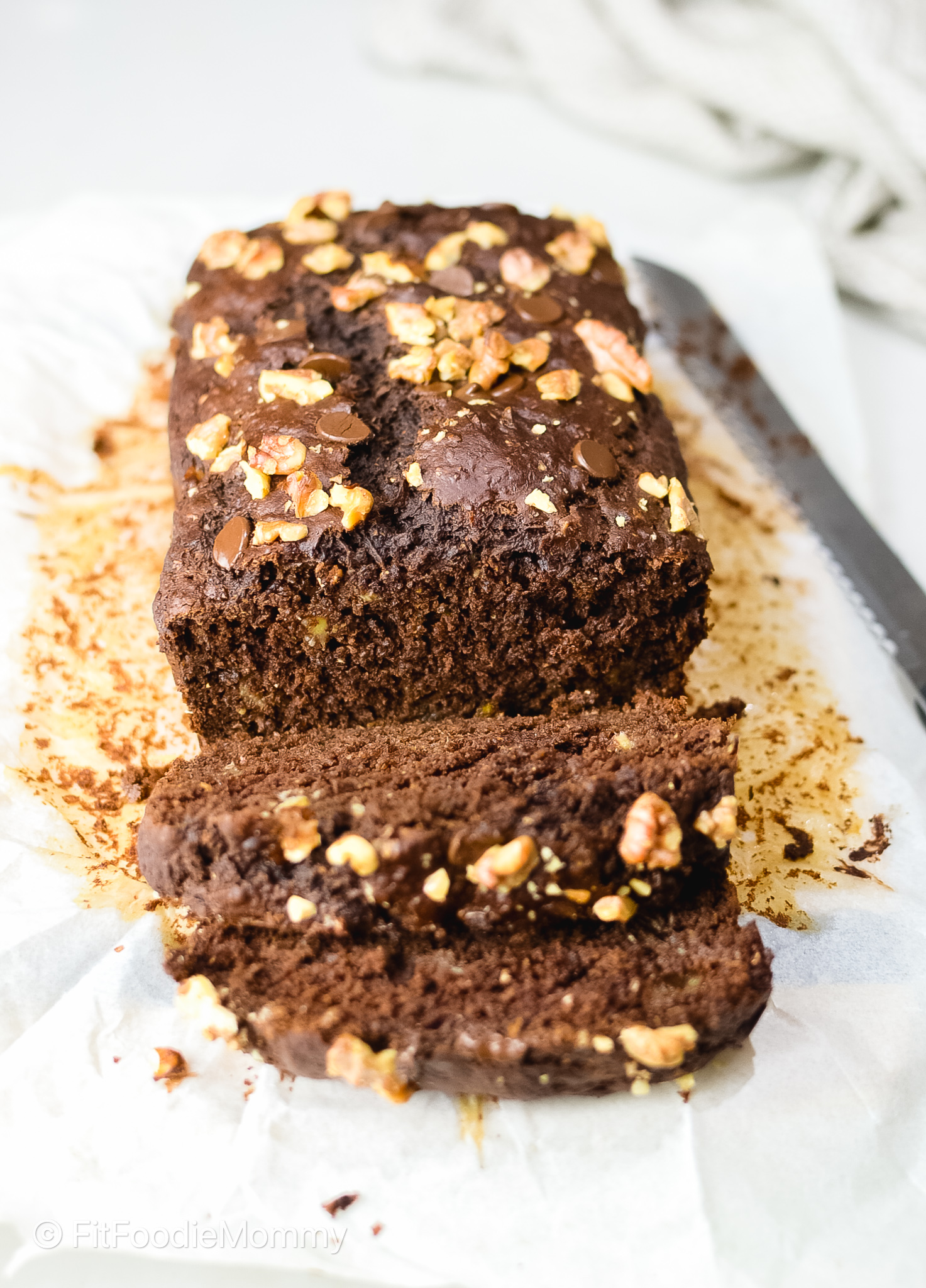
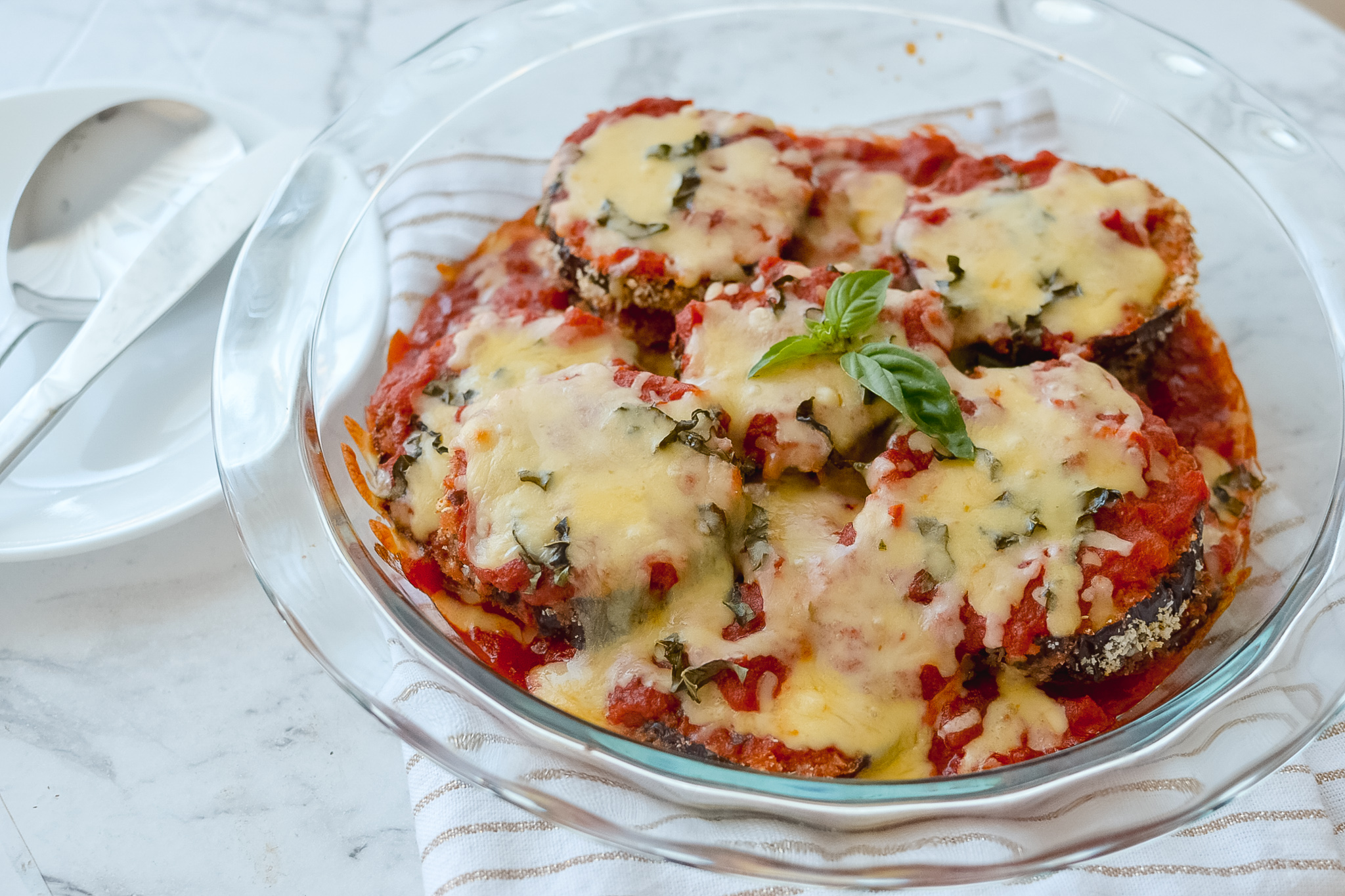
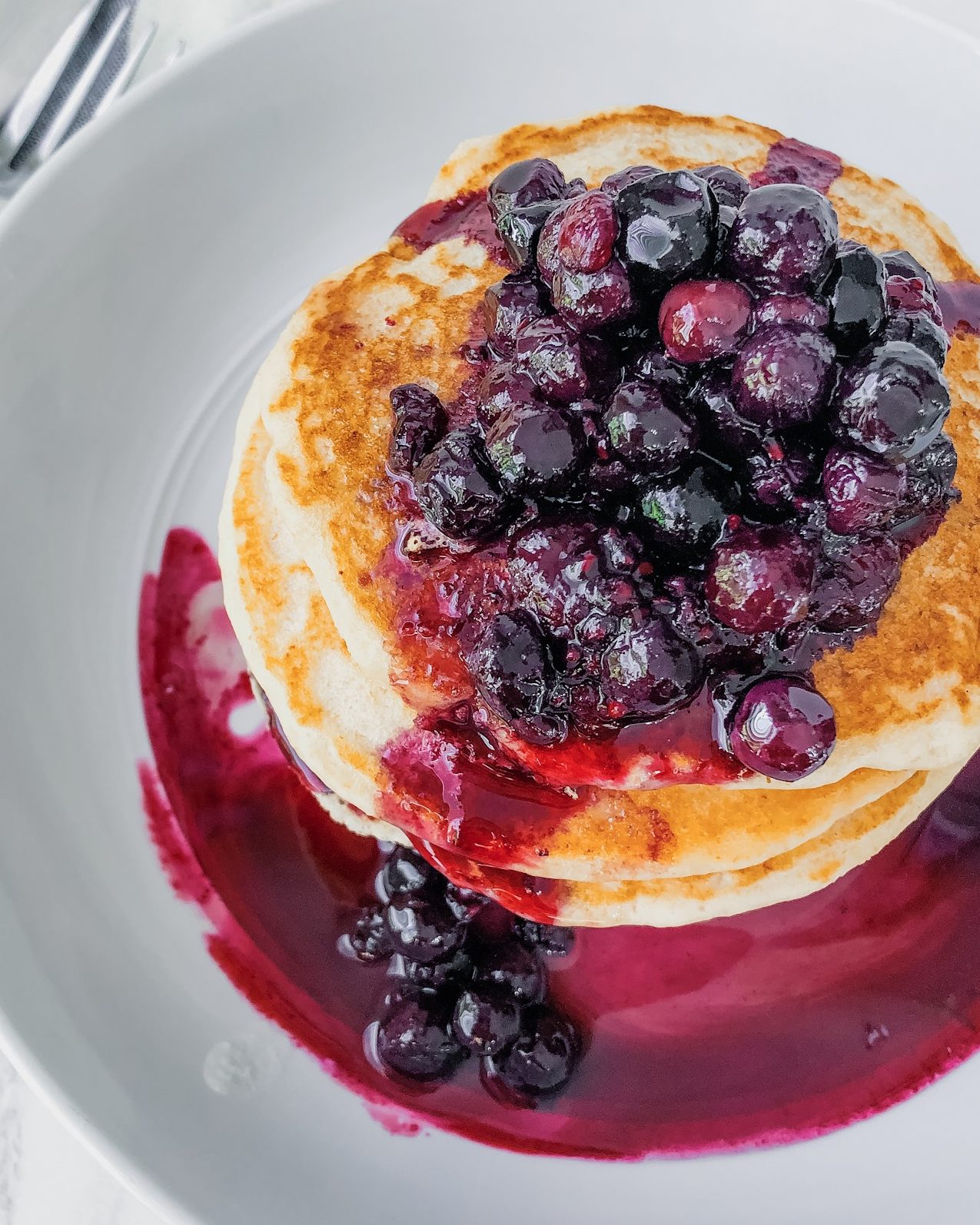
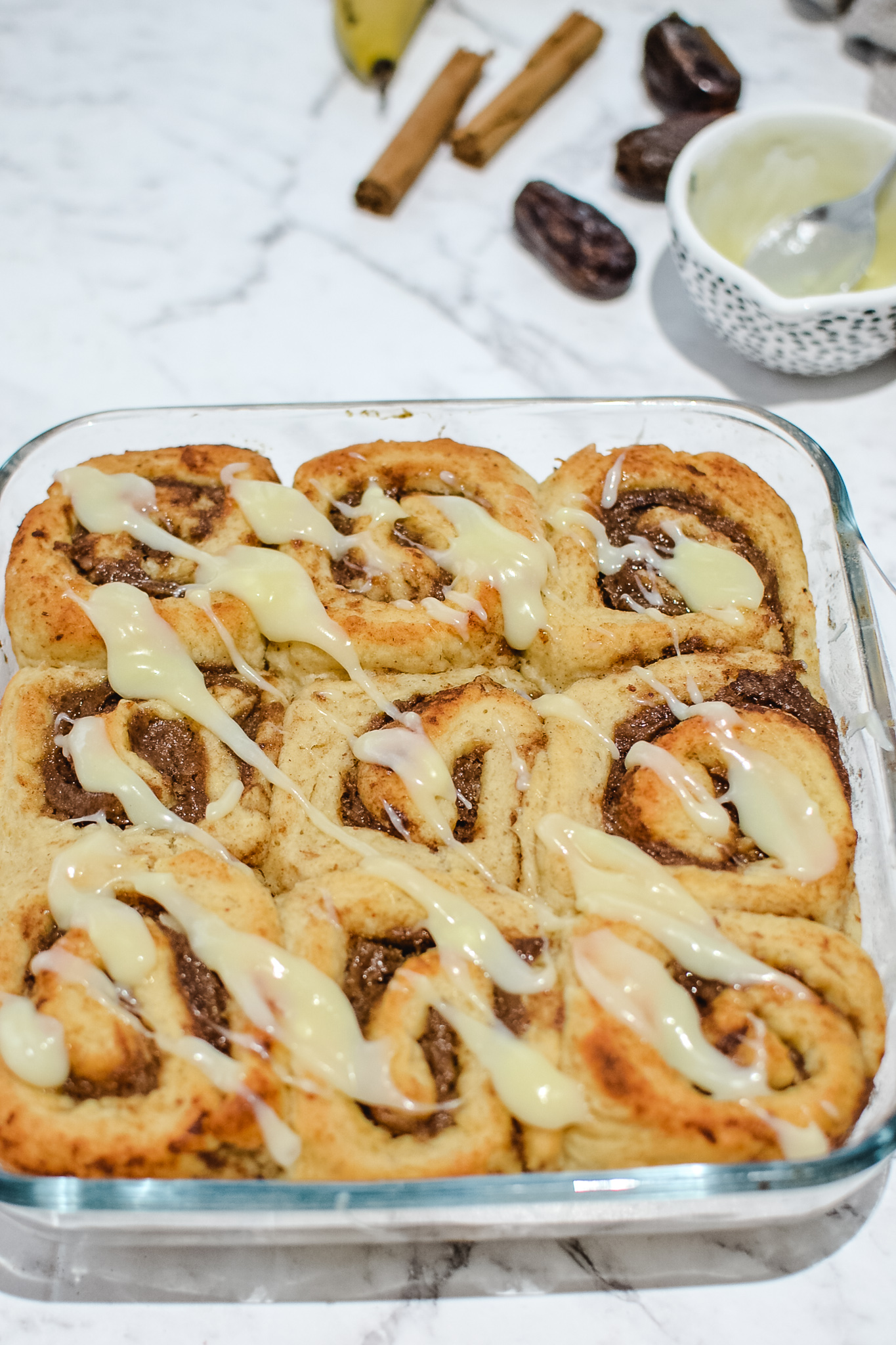
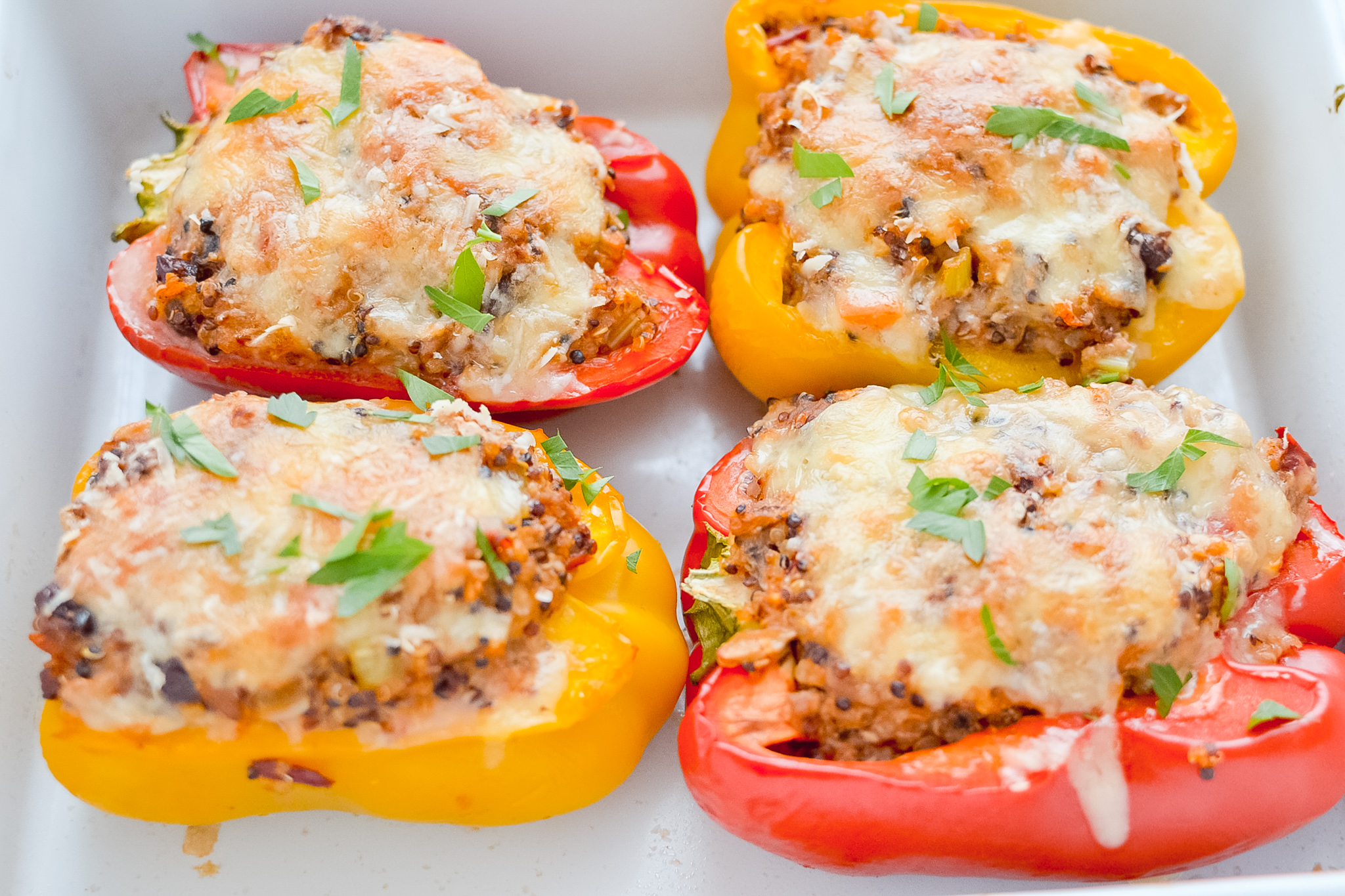
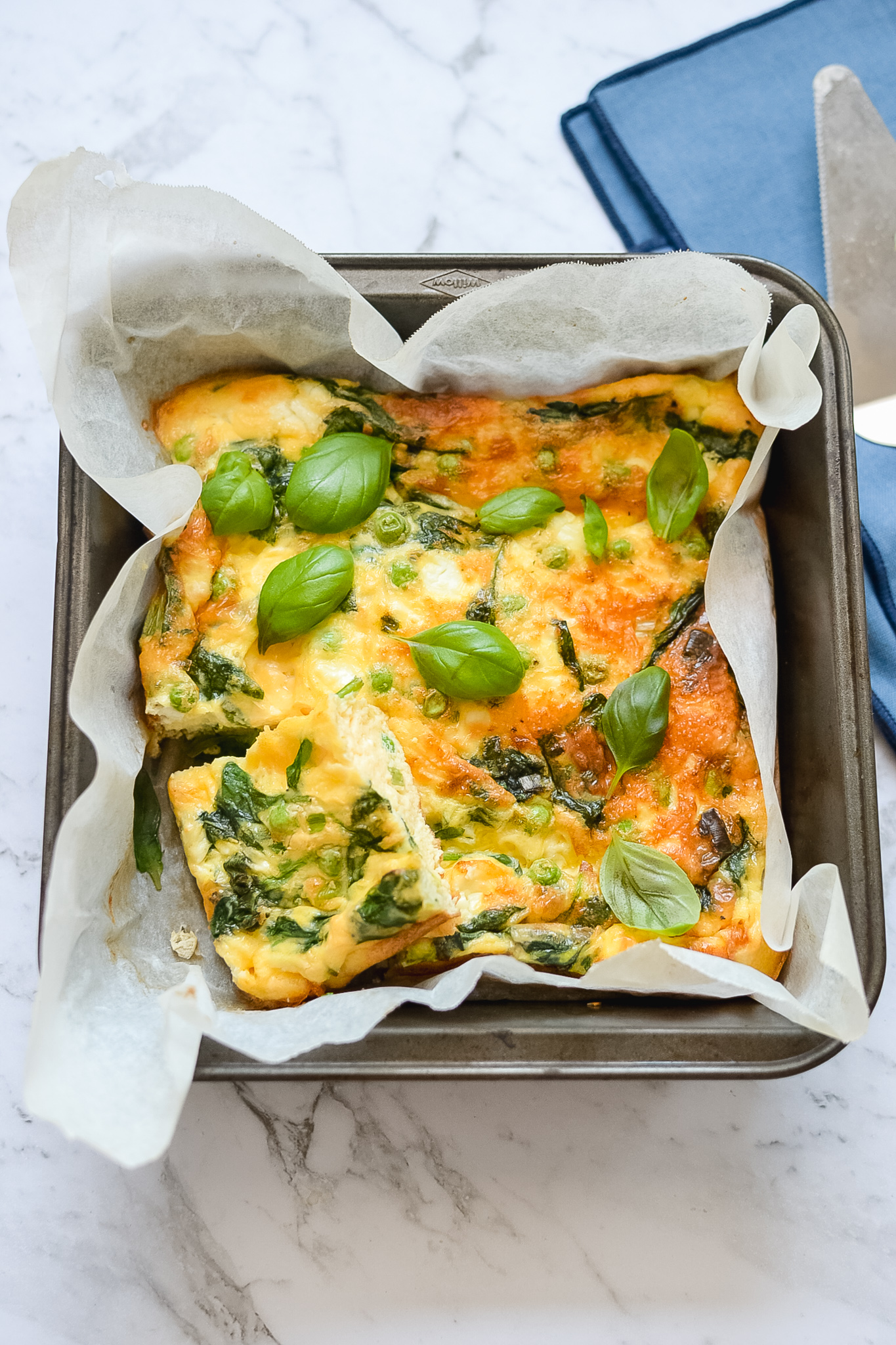
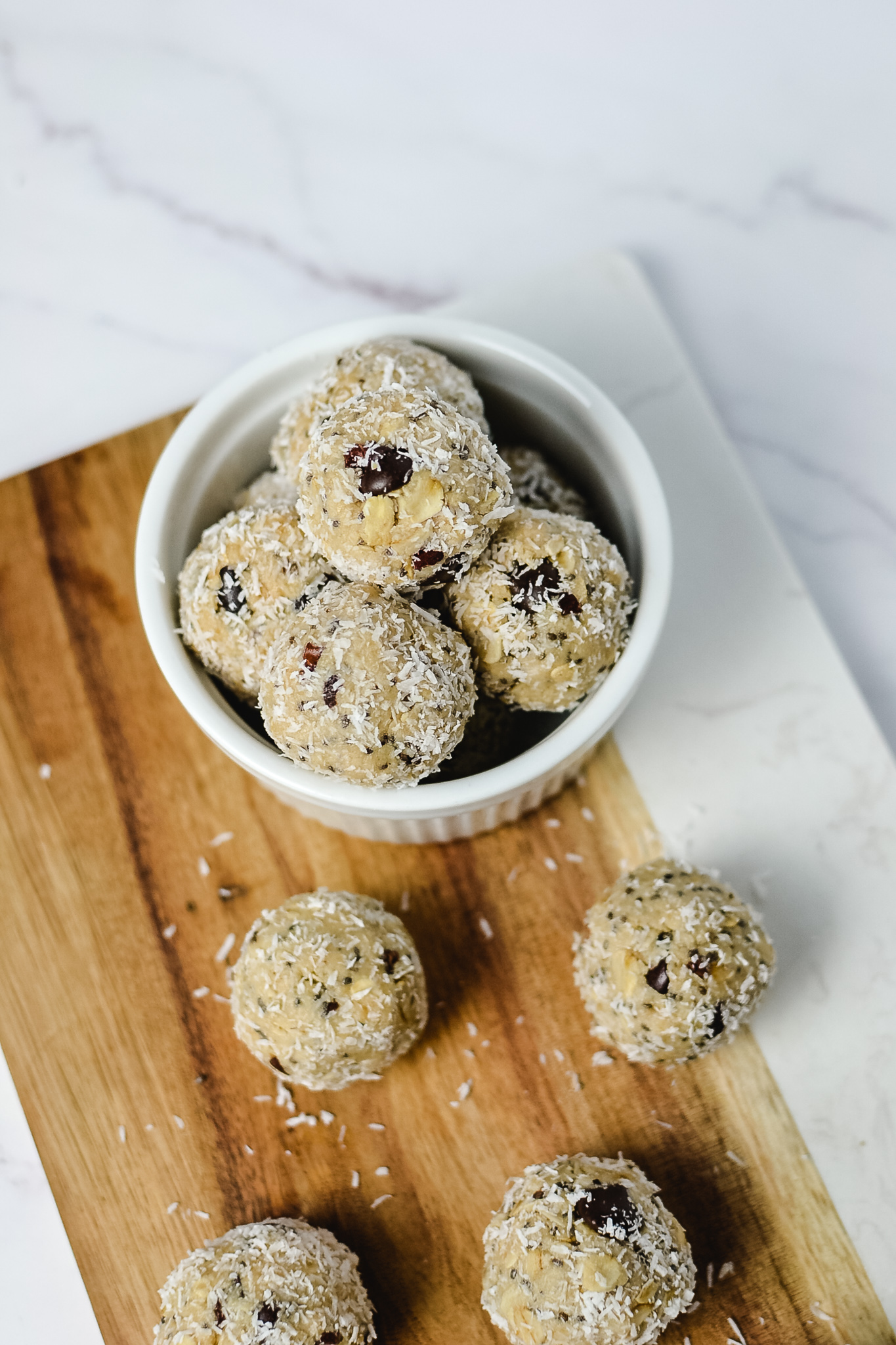
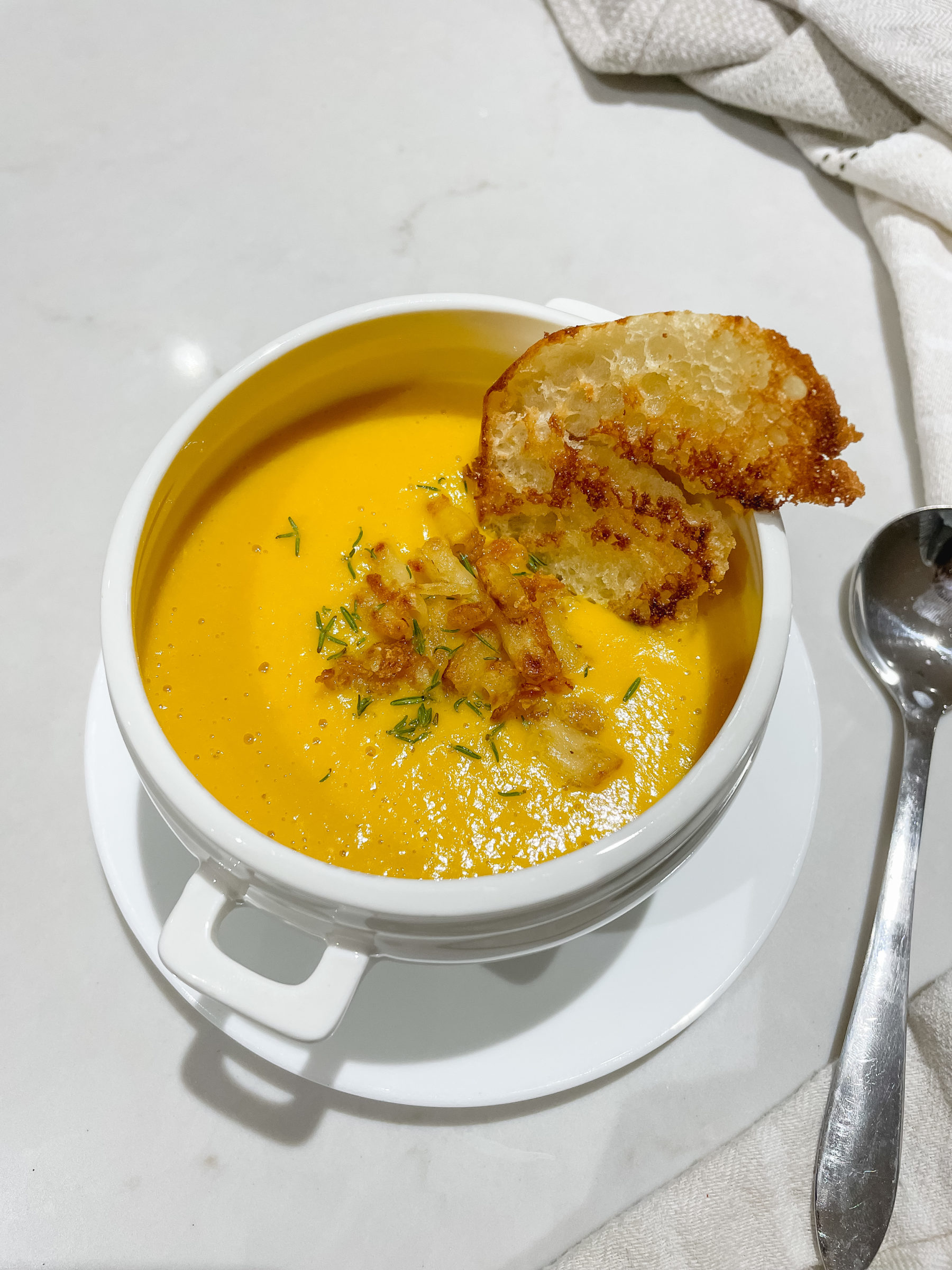
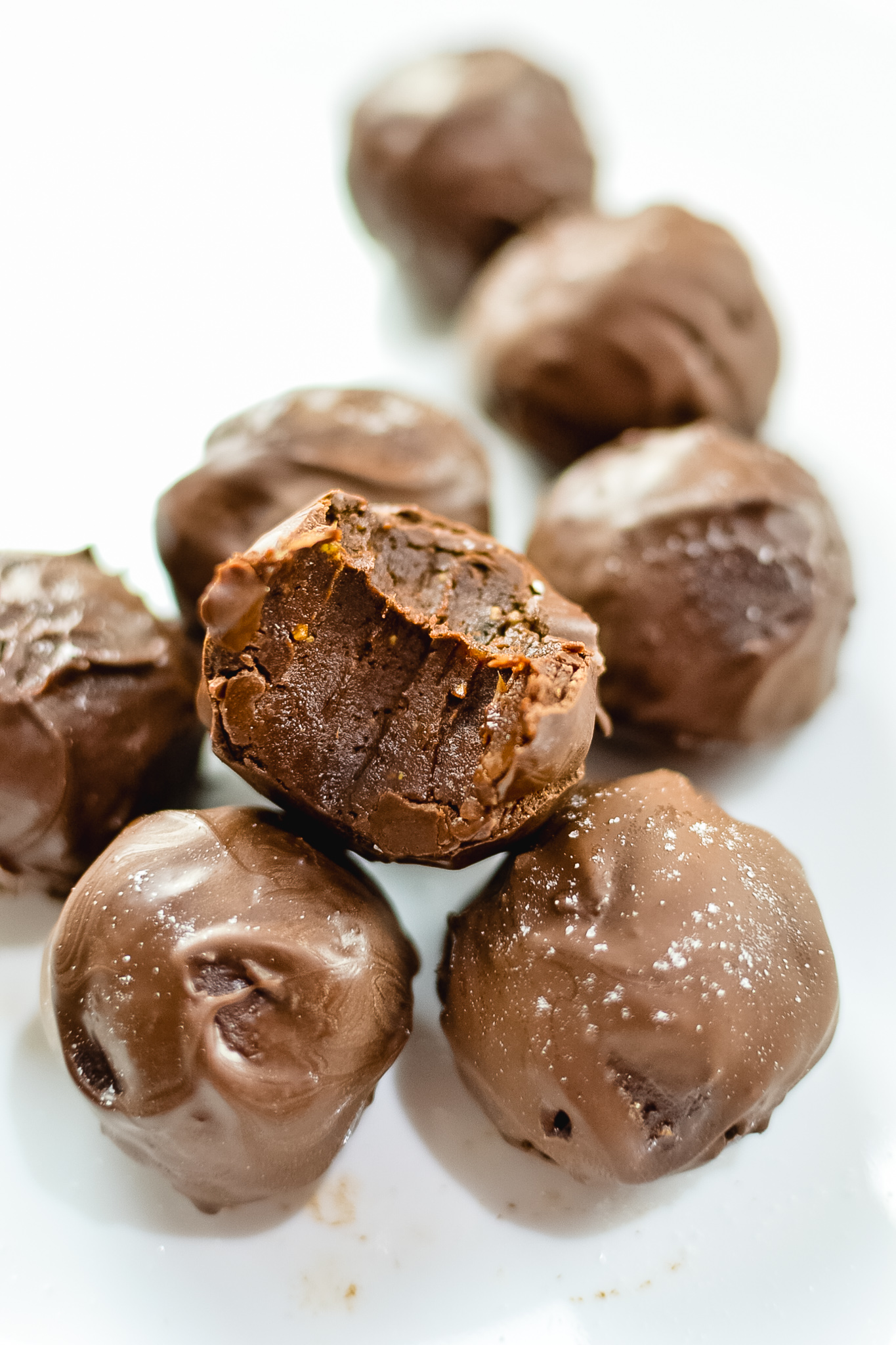
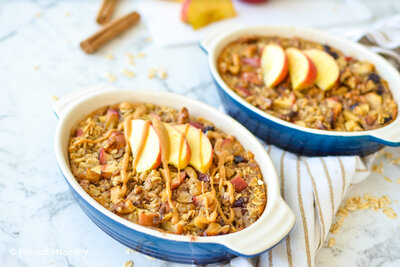

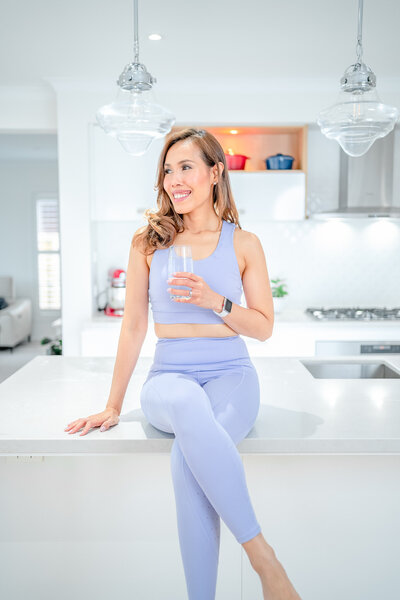


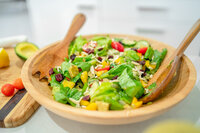

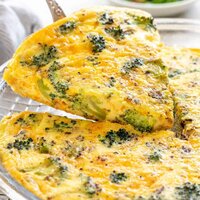


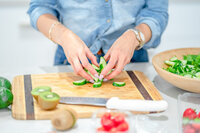




Be the first to comment